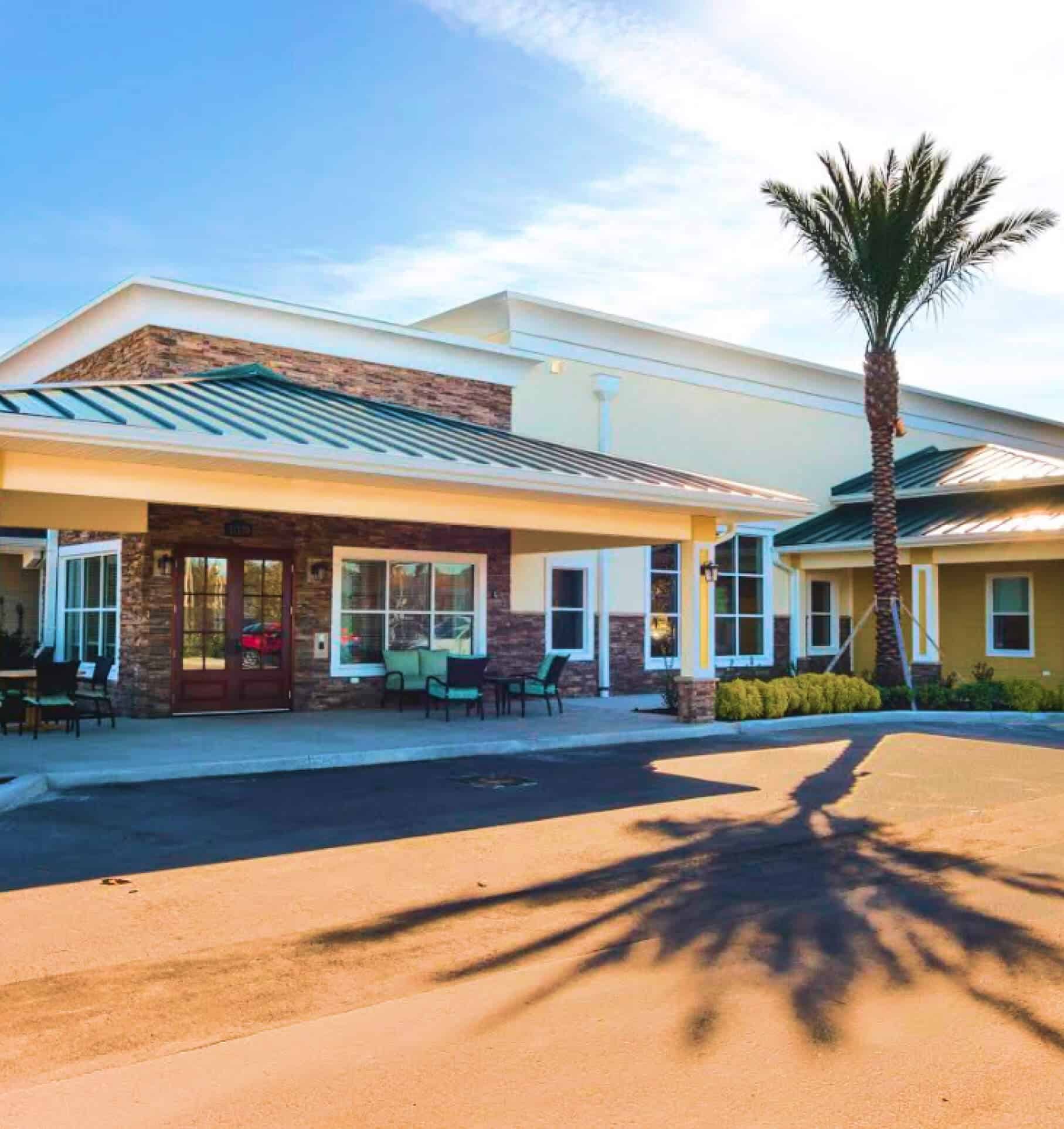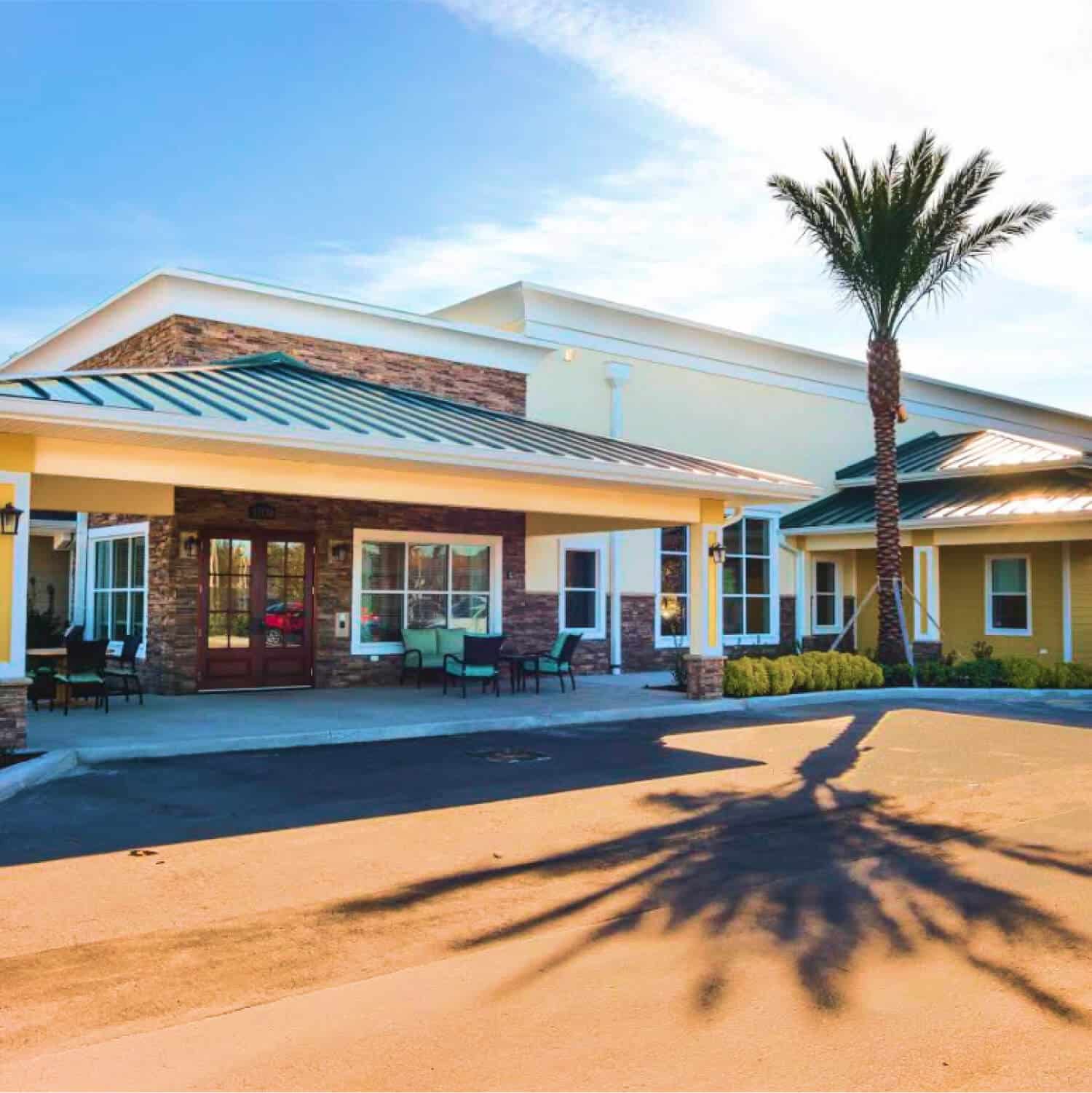The term Non-pharmacological is a fancy word for non-medical. Non-pharmacological interventions to dementia, such as using a research-based design that can foster independence may be the right option for your loved one.
Another example of a Non-pharmacological approach is use of programming that utilizes social, physical, intellectual, and nutritional engagement. Non-pharmacological interventions often focus on treating the whole person while many pharmacological (medical) interventions focus on treating the symptoms.
In dementia care, non-pharmacological interventions have been scientifically proven to cause significant improvements and sustained cognitive function, independence, and a good quality of life. In addition, they may increase neuroplasticity, physical functionality, fine motor skills, and even improve eyesight.
In many cases, if a person is engaged in social, physical, intellectual, and nutritional engagement routinely, the symptoms of dementia may be slowed down.
Most forms of dementia do not currently have a cure, but they all have treatment options, including both pharmacological and non-pharmacological approaches and interventions. Unfortunately, there are misconceptions associated with pharmacological treatment.
Many people believe medication that is used to treat dementia symptoms slow down dementia progression. Medications are only a temporary mask for the signs and symptoms, just as a decongestant can clear up congestion but cannot cure the flu.
With this being said, non-pharmacological intervention can have a tremendous impact on the quality of life for someone with dementia.
Examples of non-pharmacological interventions in dementia care:
- Avoiding the use of black welcome/door mats as they may be perceived as a hole to someone with dementia.
- Use therapeutic music which can increase energy and foster socialization.
- Use clinical aroma therapy which can improve engagement and concentration.
- Implement light therapy which can foster a healthy circadian rhythm (the rhythm that our body undergoes which is associated with our sleep cycle).
At Certus, we focus on building strong relationships with our residents, offering them a home where they are respected, loved, and treated as part of the Certus family. Our care team, trained in the latest dementia care practices, ensures that each resident receives the highest level of care and attention. Learn more about life at Certus here.
By Joshua Freitas, M.Ed., BC-DEd, CAEd; Vice President of Program Development & Theodosia Heiserman, DP-NC; Resident Engagement Director








